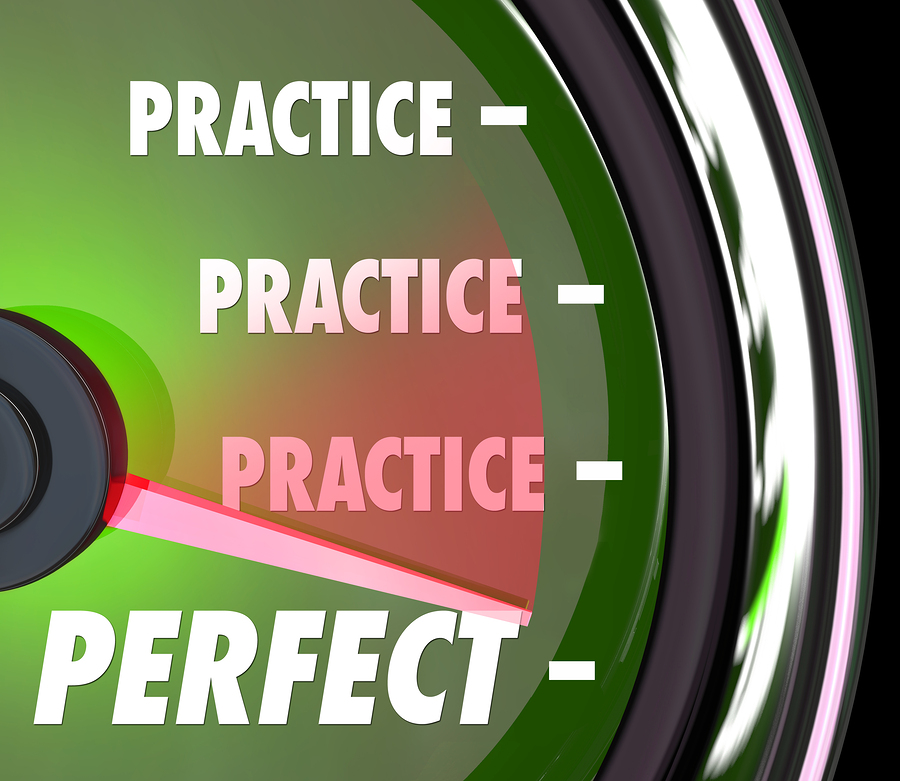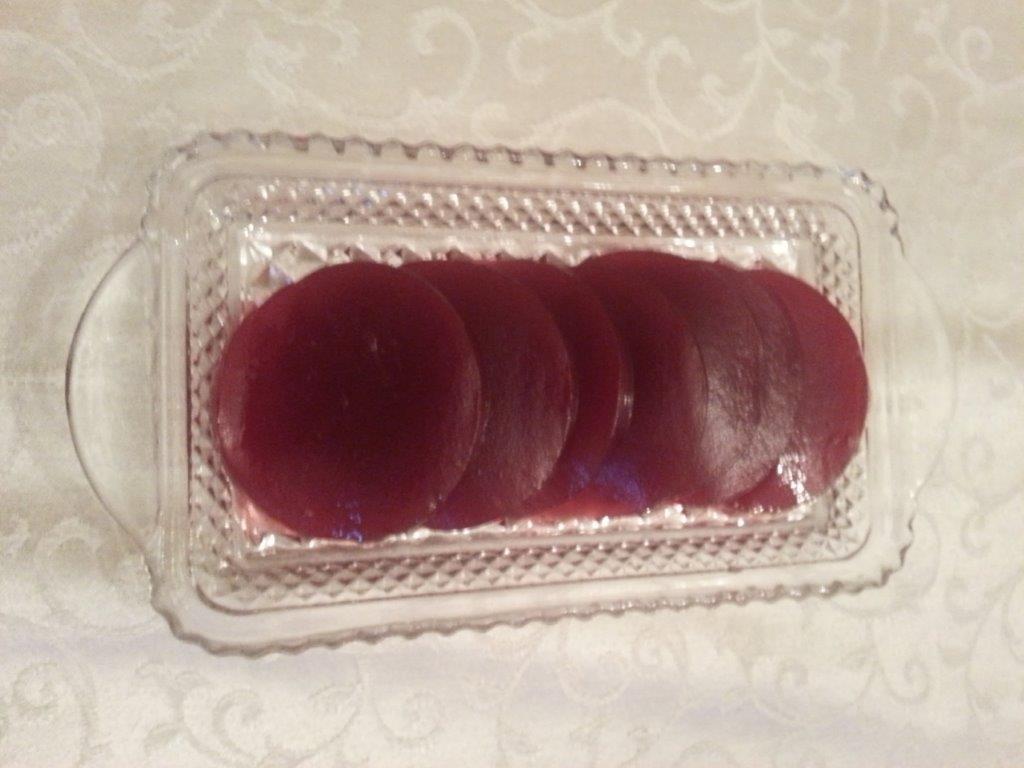Before musicians perform, they practice, and then practice some more. The best musicians might practice eight hours a day, every day, for many years. Then maybe, just maybe they get paid to perform, which rarely makes up for the thousands of hours they practiced for free.
Before an artist paints or sculpts or creates anything, they practice and practice some more and throw away many of the things they deemed unworthy of attaching their name, until they are mega-famous at which time their paint-by-number picture of dogs playing poker is worth three million dollars.
Most artistic ventures, including writing, require you do most of it for practice.
Every writer needs to write some things they never intend to publish, because it was just practice.
Professional writers have a thick file of work kept out of sight. Because it was just practice.
Of course, the written word is different than music or fine art since writers can edit and re-write until something is good enough to publish, but a lot of writing is just practice and it is done on your time, unpaid.
Malcolm Gladwell asserts in his book Outliers that it takes 10,000 hours before someone is phenomenally good at something, such as the best pianist in the world, the best golfer, the best at anything. Those 10,000 hours are mostly practice.
It is a difficult pill to swallow, but maybe your first full book manuscript is practice and never intended to be published. It is best set aside so you can write another.
When I hear about an author who took the last ten years working on their book, my initial reaction is that the book is over-written, over-edited and the author has limited range. Those are not good impressions to send.
I would rather hear from someone who has been writing for ten years and has written two full-length books, 200 devotions, 100 poems, 12 short stories, 500 blog posts, 100 articles for their community newsletter and edit their monthly church newsletter in their spare time. They show a commitment to writing, not an obsession to one idea.
A single book might gain initial attention, but it will be an author’s ability to perform over time that will get them signed by an agent. After all, agents represent authors and writers, not books.
It’s been said that true talent is the ability to repeat something amazing. (A corollary to this is one of my favorite quotes, “A broken clock is right twice per day,” but I digress.)
How do you practice writing?
By writing something every day. This is why blogging or journaling regularly is so important for a writer. It forces you to write every day.
What if you don’t feel like writing or have writer’s block?
Science fiction and fantasy writer Fred Saberhagen, said it best, “I suspect that writer’s block afflicts mainly people who have some stable and ample source of income outside of writing.”
Ouch.
A number of writers have asked me what they should do once they finish their manuscript. I will tell them to do whatever they want, but keep writing.
The best and most successful writers keep writing.
Golfer (not the drink) Arnold Palmer said, “The more I practice, the luckier I get.”
The same principle works for writers. The more you write, the greater the chance you will one day be published.
Writers write. That’s what they do.
That book you have been working on for so long? It might be a practice-book.
I was going to list some activities for writers that constitute “practice” but characterizing articles, blogs, devotionals, poetry and short stories as practice diminishes the skill each require to do them well and is unfair to those who are great at each of them. Books are not the only written medium. (Sorry to break the news)
Write whatever you want, but write something every day. Just for practice. An encouraging 150 words, beautifully crafted for a friend in an email qualifies. Just don’t tell them you are writing for practice. It sort of ruins the mood when your friend discovers that the thought didn’t count.
Author Ray Bradbury said, “I know you’ve heard it a thousand times before. But it’s true – hard work pays off. If you want to be good, you have to practice, practice, practice. If you don’t love something, then don’t do it.”
Writing. Just do it. (Used without permission of Nike)



 Joy to the World?
Joy to the World?

Since you mentioned Nike, what about Lebron James’ lifetime contract with Nike? How many hours did he practice to reach his greatness on the basketball court?
My husband took up golf a couple of years ago. We joke that when he says he’s going out to play, I smile and tell him to have fun. It’s more writing time for me, and he doesn’t feel neglected.
I always enjoy reading your posts. Merry Christmas!
I have never finished a manuscript to perfection. There just comes a time to say, “stop!” and move on to the next thing No film director has ever considered a finished film to be perfect. We do the best we can under whatever constraints we have and resolve to be satisfied with what we have accomplished. And if we keep practicing, our next work should be better. I don’t consider email or other electronic means good practice. Handwritten letters work better for me and I can feel like I’m imitating Flannery O’Conner and C.S. Lewis.
Good comment. A deadline, either publisher or self-imposed is the only thing that leads to a book being published! Without deadlines, the process never ends and nothing is made available to read.
Thanks for an encouraging post, Dan. In addition to the 10,000 hour benchmark to master something, I’ve also heard that writers need to write a million words to hone their skill and find their voice.
I approached an editor in 2004 with my book idea and no, count ’em, no writing credits. (Ha!) She said, “Learn the craft and publish some shorter pieces first.” Ya think? So I did.
In 2009 I pitched my idea to five editors and had interest from all of them. And I secured an agent. Then in 2012, we went on the mission field. I’m just now finishing my book, and we’re moving back to the States. I’m starting the process over again.
Sometimes a book takes almost 10 years to write. But I’m looking forward to finishing this project and writing devos and articles again.
I could not agree more with your assertion that practice makes perfect—or, better yet, as my dad used to say, EVALUATED practice makes perfect (it does no good to keep practicing bad habits).
Earnest Hemingway started drinking at noon and usually kept going until 2:00 in the morning or later. Nonetheless, at first light each morning he could be found religiously (possible pun intended) banging away at his typewriter. Not that I recommend that lifestyle. But his relentless commitment to writing supports your argument.
At the otter end of the moral spectrum, I’ve always admired C.S. Lewis for writing each and every person who ever wrote to him in response to his books. An extremely popular writer could not do that today, of course, thanks to the proliferation of e-mails, texts, and such. But what’s interesting is the care Lewis put into each and every letter he ever wrote. Reading those missives shows that he devoted as much thought and craft into the writing of his letters (which he assumed would never published) as he put into the best of his masterpieces (which he hoped would be).
All of us can similarly practice our craft, even in the most mundane e-mail or memo. In fact, I personally lose respect for someone who is supposedly a “great writer” when they fire off a note full of typos, mis-spellings, poor grammar, and appalling word choices. If you only write well “when it counts,” then you’re not a writer. You’re just a makeup artist—and probably a bad one, at that. (And I mean no offense to makeup artists; some of my best friends are makeup artists. It just seemed like a good analogy.)
other
C.S. Lewis was not an otter.
I’ve got a full novel in my files that few people have ever seen, and I don’t plant to submit it. At the time I wrote it, I thought it was brilliant. Later I realized it was only a practice novel. Nobody wants to think of the current project as mere practice, but with experience comes gladness that no one actually saw that early effort!
Every novel thing looks brilliant. Between 1878 and 1880, Thomas Edison and his fellow researchers tested more than 3,000 designs for light bulbs, and even filed a patent in 1879 for an electric lamp with a carbon filament. All of those light bulbs were brilliant.
But today (or at least until very recently), Americans rely on light bulbs with tungsten filaments developed by William David Coolidge at General Electric in 1910.
Brilliance is indeed bright. But in the end, excellence and staying power win out.
I’ve written three books, two of which will probably never see the light of day. I also took up blogging almost three years ago. That, as much as anything, has kept me consistent in meeting deadlines. When my first two books got a pass from agents, I moved on to write the next one. My third one garnered more interest, so I revised, edited and polished it. Having a deadline helped me not aim for perfection (which I would never achieve) with the book, but I offered my best with it.
I hadn’t thought about my blogging posts as ways of practicing, but it’s been good for me. Meeting deadlines, learning what my voice is and meeting people have all been highlights.
I’ll keep writing something everyday. Great words, Dan.
Practice makes perfect. I will keep on practicing till I get to the best level possible and won’t stop then. I just don’t think anyone attains the ‘perfect’ bar!
Great post as always, Dan!
You make my job easier, Dan 🙂 This is what I preach every day. One of the exercises I have my writers do is to write a short story about each main character, from some seminal time, NOT to be included in the book. This helps the writers get to know their characters better, so they can portray them more deeply, with fewer words, on the page.
New writers are often quite puzzled (and resistant!). But then their eyes open and they see.
Thank you for this post!
“show a commitment to writing, not an obsession to one idea”
Well said.
I also appreciate Bill’s comment: there’s no point in spending 10,000 hours practising writing (or 1,000,000 words, if you prefer) if you don’t get any feedback to tell you that you need to work on basic grammar and sentence construction. Feedback – especially critical feedback – is vital.
I’ve been active with multiple writing critique groups for 7-8 years and have seen my writing greatly improve with their assistance. The ones that help me the best are those that challenge me and not just pat me on the back and say “good work.”
I won first place in the first writing contest I ever entered, but soon learned that wasn’t the norm. It took much longer for other pieces to win publication.
Persistence pays in writing as with other work. It took 8 or 9 stories before I had a story accepted in Chicken Soup for the Soul. It took 1 year of submissions before the first of my devotions was accepted The Secret Place Devotional Magazine and 2 years for acceptance in Upper Room.
I keep my first full manuscript around for laughs.